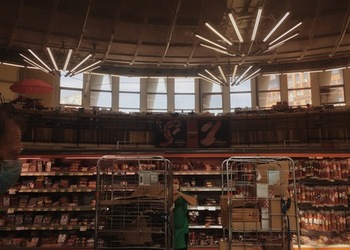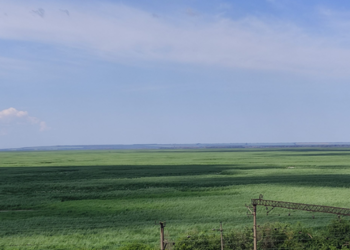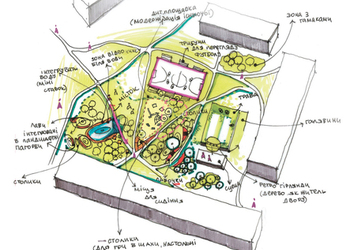In 2015, Greece once again found itself at the center of another European crisis. The escalation of hostilities in Syria and political violence in Iraq and Afghanistan triggered one of the largest waves of forced migration in modern history. Greece became a key hub along the path of refugees to Western Europe, known as the “Balkan Route”—a combination of two migration flows: the Eastern Mediterranean route, which ran from Turkey across the Aegean Sea to Greece, and the Western Balkan land route—through the Balkan countries to Austria and Germany. From 2016 to the present, this route has been a site of violence and crimes against displaced persons who are systematically denied the right to asylum and other forms of international protection.
The arrival of a record number of refugees in Greece and the state’s inability to guarantee safe and dignified transit prompted the invention of new forms of grassroots self-organization and solidarity. In particular, migrant rights organizations formed situational coalitions with the squatter movement and concerned volunteers to provide the newly arrived with temporary or permanent housing as an alternative to the inhumane camps in which Greek authorities still hold thousands of asylum seekers. In this text, we will examine the impact that the 2015–2016 European border crisis had on urban activism in Athens, focusing on the story of Athenian refugee squats in a political, urban, and social context.
Uprising Against the Crisis and the 2015 Wave of Migration
The idea of a large-scale squat for housing refugees first emerged in September 2015 among the Solidarity Initiative for Political and Economic Refugees—a grassroots coalition of radical leftist groups in Athens. At that time, the “summer of migration,”[1] as it would later be called, was in full swing. Most migrants were passing through Athens in transit, as the Balkan Route was still open and crossing borders on the way to Western Europe was easier. It was around that time that the first occupations of vacant buildings began, with the goal of transforming them into self-organized shelters for refugees. Most of them were located in the historically rebellious district of Exarcheia and the adjacent “migrant center” of Athens around Victoria Square. Additionally, the Initiative regularly mobilized for solidarity actions in various public spaces throughout the city.
The situation changed significantly over time. The signing of the agreement between the EU and Turkey on March 18, 2016, stipulated that all refugees and migrants who arrived in the EU through “illegal” paths would be deported to Turkey. This led to more than 50,000 migrants being stranded in mainland Greece, turning the Aegean Islands into a de facto buffer zone between Turkey and Greece. The legally mandated response measures were limited to the creation of refugee camps and “hotspots” in remote areas, where newly arrived people were forced to live in terrible conditions for months while waiting for documents that would allow them to legally remain in the EU—and often receiving rejections.
It is worth noting that the rise of anti-immigration sentiment and the implementation of related policies was only one aspect of the political turmoil in which Greece had been immersed for nearly a decade by the time it joined the infamous EU–Turkey agreement. On December 6, 2008, in Exarcheia, two police officers killed a 15-year-old boy, Alexandros Grigoropoulos, which led to the largest unrest since the student uprising against the junta in 1973. The events of late 2008 were the initial spark in a series of revolutionary upheavals that continued for years. The occupation of Syntagma, the central square of Athens, took place in 2011 in response to the debt crisis and became the Greek manifestation of the Occupy Movement. In January 2015, the Coalition of the Radical Left party, also known as SYRIZA, won a triumphant victory in the national parliamentary elections, positioning itself as the leading political force in the fight against austerity policies. During this period, numerous strikes, occupations of schools and universities, confrontations with the police, and other mass grassroots mobilizations occurred. Thus, although Greece was experiencing a deep economic crisis and was under pressure from the so-called “Troika” (the European Commission, the European Central Bank, and the International Monetary Fund), it also became a space of rebellious politics driven by diverse social groups. All this intense political activity and self-organization manifested, among other things, in the reclamation of production structures, creation of autonomous schools and open kitchens, and the spread of new forms of solidarity in society.
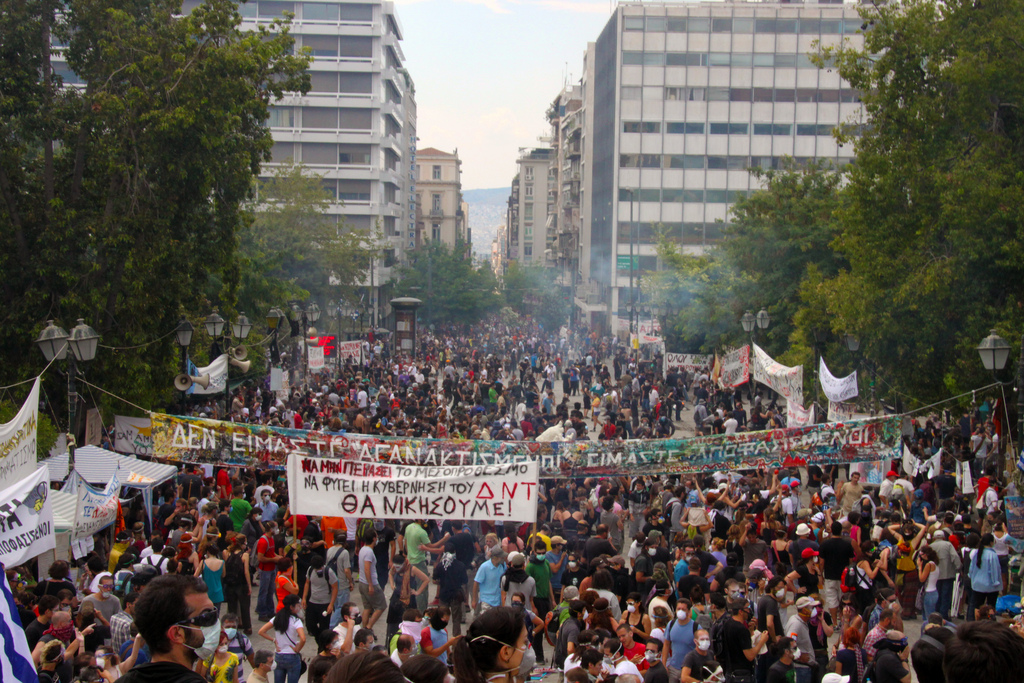
In particular, the Assembly of Squatted Prosfygika was established in 2011. Prosfygika is a neighborhood in the Ampelokipoi district on Alexandras Avenue, consisting of eight residential apartment buildings. It was built between 1933 and 1935 to house Greek refugees who fled from the territory of present-day Turkey following Greece’s defeat in the Greco-Turkish War of 1919–1922 (hence the name of the neighborhood: the Greek word πρόσφυγας means “refugee”). The buildings of Prosfygika are considered examples of Greek modernism and represent one of the first social housing complexes in Greece. Officially, they are state-owned, but the responsible authorities neglected them and made repeated attempts to redevelop the neighborhood, often accompanied by the eviction of some residents. In the 2000s, the Prosfygika community succeeded in having some of the buildings granted historical landmark status, and by 2010, at the height of the debt crisis, it became clear that only active grassroots self-organization and the involvement of all residents could address the issues of poverty and urban decay in the neighborhood. Today, Prosfygika is one of the largest squatter communities in Greece. 400–500 people live there permanently, including refugees from war zones, political refugees from Turkey and Kurdistan, economic migrants from Africa and the Middle East, homeless people, former drug addicts, and other vulnerable groups. A variety of self-organized structures operate within the neighborhood: a bakery, a social kitchen, a kindergarten, a women’s center and a mental health support center, a café, and more.
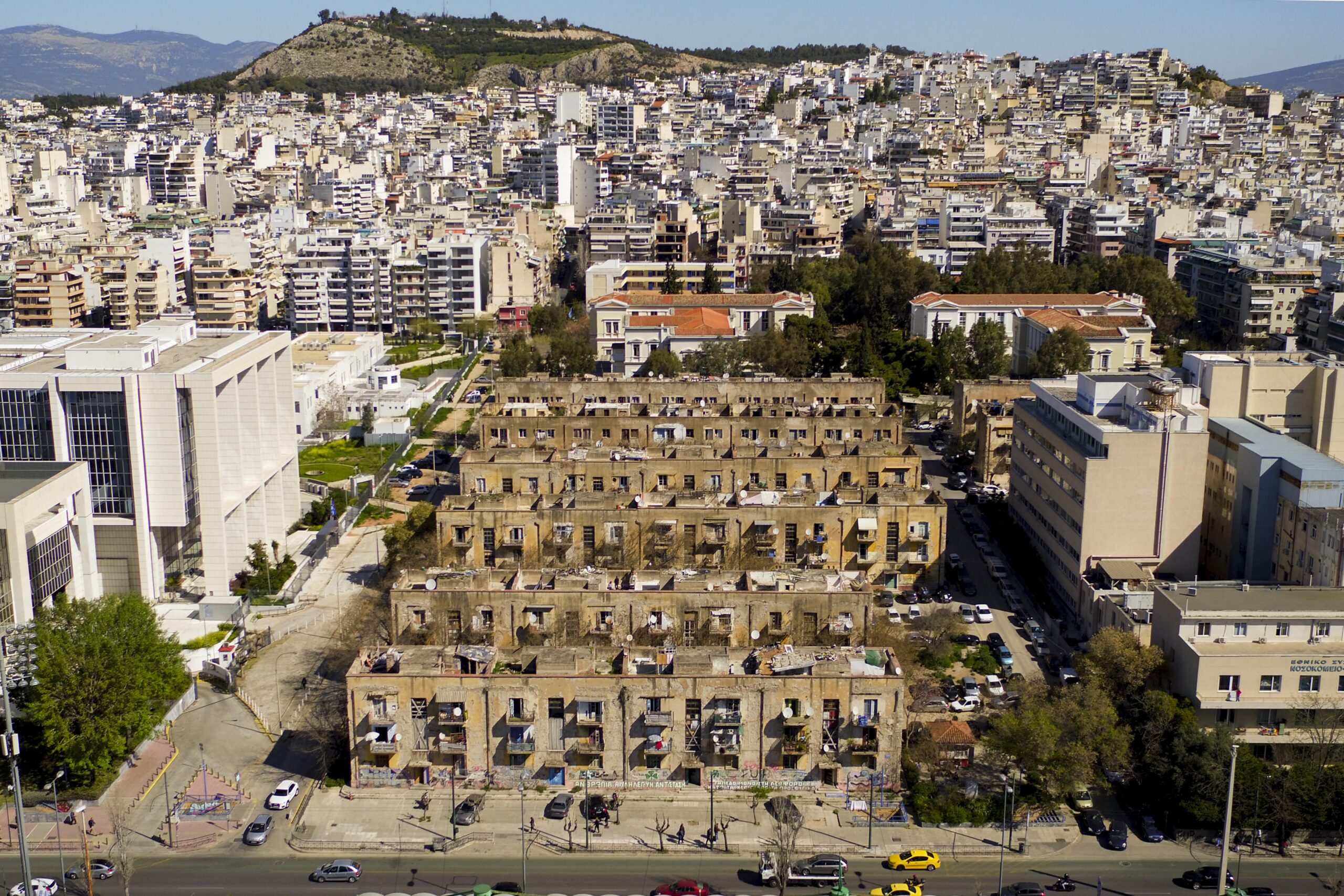
The Greek Spring ended in swift disappointment almost immediately after reaching its peak. On July 5, 2015, 61% of Greeks voted “OXI” (“NO”) in a historic referendum on the Memorandum of Understanding[2] proposed by the “Troika.” The streets of Athens were filled with celebratory cheers and victorious euphoria, but the resistance of the Greek leftist government was broken just a week later during a seven-hour meeting of the so-called Euro Summit, when the young SYRIZA Prime Minister Alexis Tsipras, under pressure from European officials, eventually accepted the Memorandum. This shocked an entire generation of Greek activists who had become politicized over the previous years and suddenly found themselves disoriented, which eventually led to splits and mutual accusations both within SYRIZA and beyond it. Ultimately, having lost the support of the majority over the following years, SYRIZA was defeated in the 2019 elections by the right-wing New Democracy party.
The context of the “Greek crisis” in the first half of 2015 is essential for understanding the political groundwork on which projects such as the City Plaza Hotel and the numerous squats in Exarcheia emerged. All of them were a logical continuation of the social struggle that had engulfed Greek society since 2008, and ultimately became not just housing for refugees but also a political home for many Greek activists disillusioned by the 2015 referendum. Existing networks fighting for migrant rights, anti-authoritarian leftists, as well as the new political figure of the volunteer, which took shape on the wave of the refugee tragedy, came together to seek new ways of engaging with the reality of yet another European crisis.
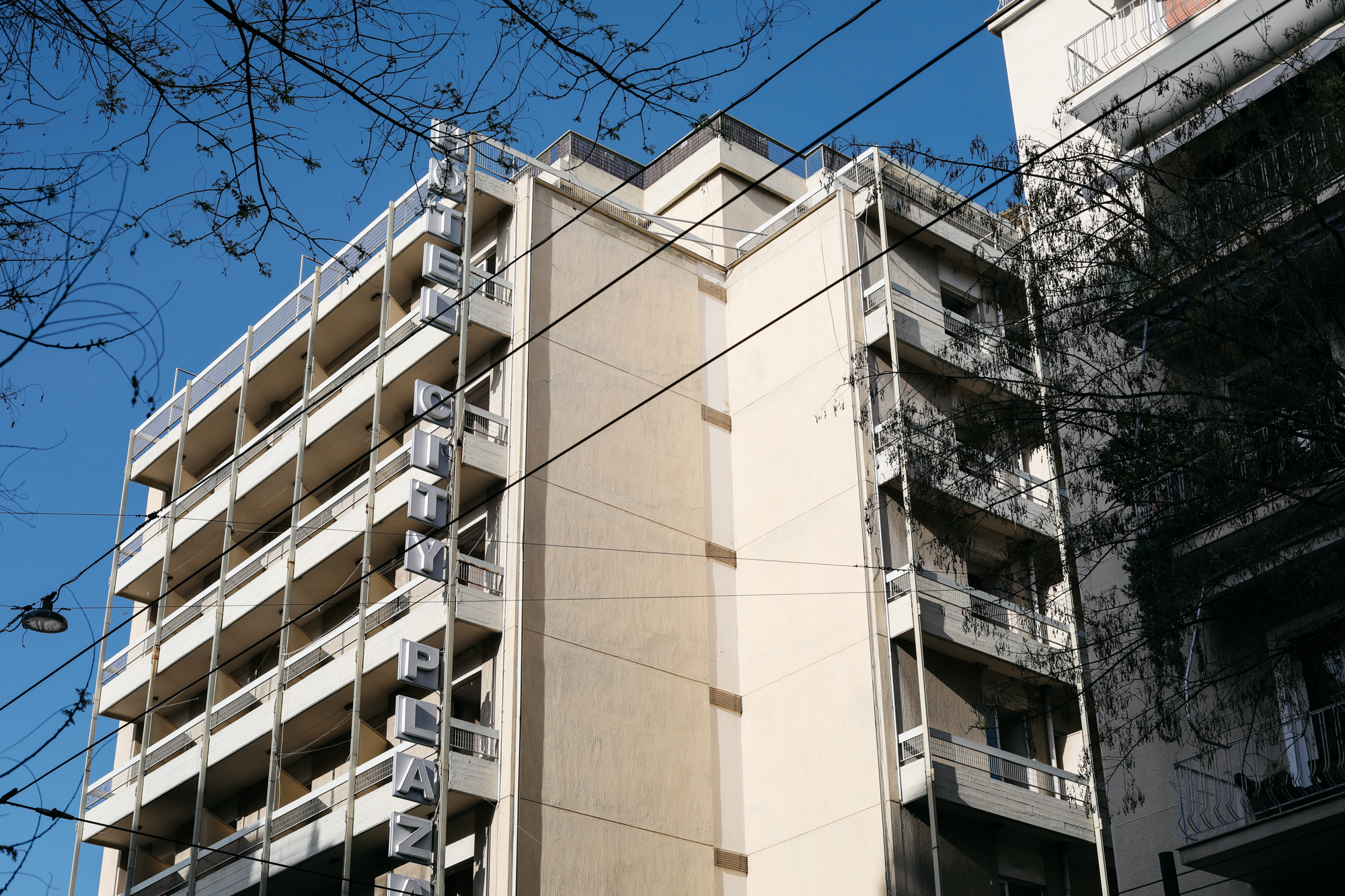
“10, 100, 1,000 Squats”
The City Plaza Hotel went bankrupt in 2010, leaving dozens of workers without compensation, and remained abandoned for several years. City Plaza is located between Victoria Square and Acharnon Street, in an area full of internal spatial and political contradictions. On one hand, this district is geographically situated in the very center of Athens and is part of the city’s commercial and political center (Omonoia–Syntagma); on the other hand, in media and dominant political narratives, it had long been portrayed as a neglected migrant ghetto. Furthermore, starting in 2004, neo-fascist gangs affiliated with the Golden Dawn party gained both physical and ideological control over this space with the aim of “protecting” local residents and “punishing” migrants. This was accompanied by physical violence, frequent use of knives, vandalism against small immigrant-owned shops, and daily street fights. In 2013, this fascist street activity was halted when the leadership of Golden Dawn was arrested for the murder of rapper Pavlos Fyssas. Therefore, the geographic and socio-political context in which City Plaza is located was far from favorable for the development of solidarity spaces and housing for refugees who were arriving in Athens in the summer of 2015.[3] Nevertheless, the hotel was occupied on April 22, 2016, in response to the signing of the EU–Turkey agreement, when the need for shelter became even more urgent than before.
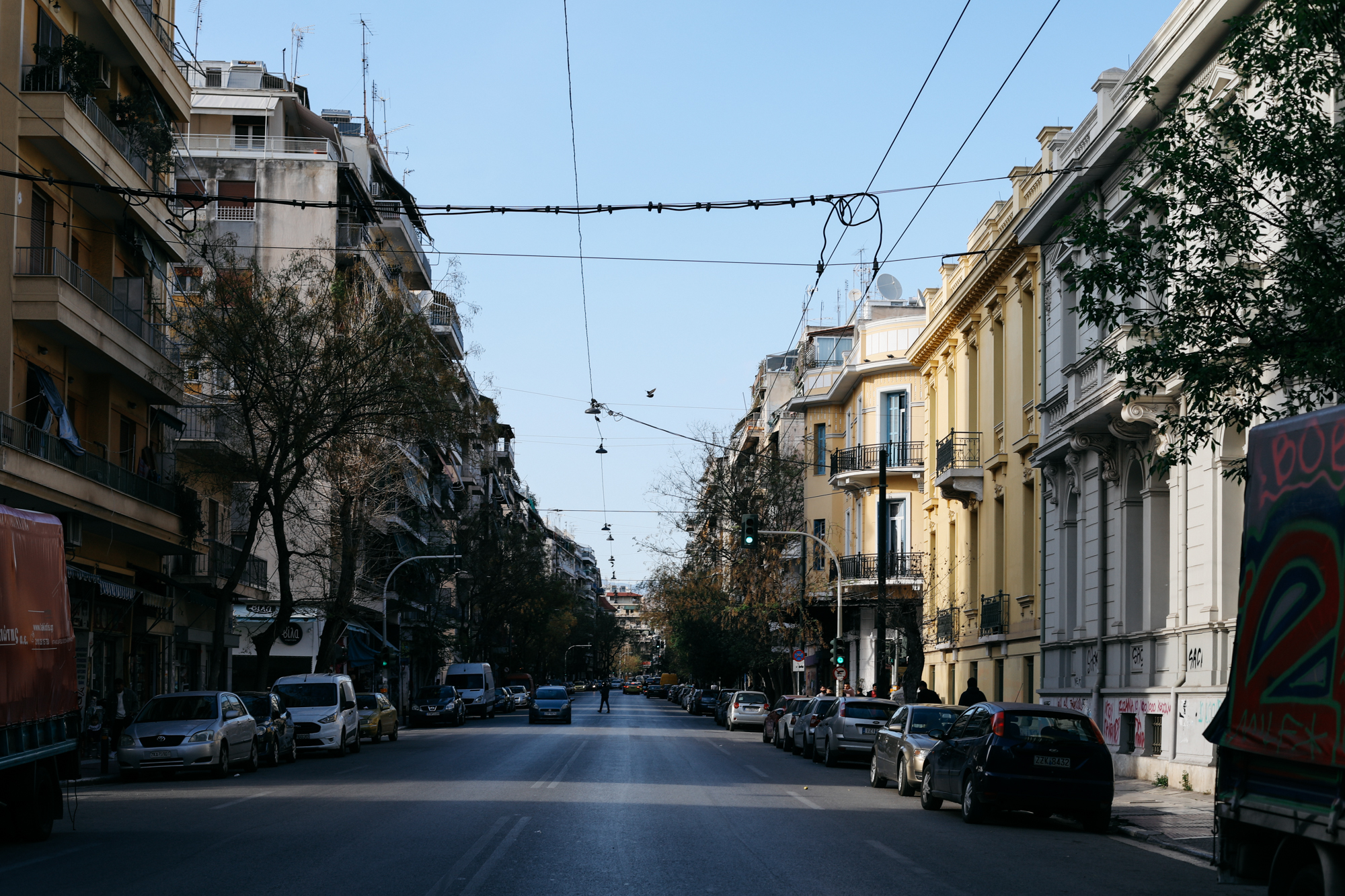
By contrast, the neighboring Exarcheia district had been synonymous with radical leftist politics for at least decades. It was here that the founding assembly of the Communist National Liberation Front took place in 1941, a guerilla army that resisted the Nazi occupation. In 1973, the student uprising at the Athens Polytechnic contributed to the fall of the junta of the Black Colonels, and since then, the annual commemoration of these events (November 17) has been accompanied by protests and clashes with the police. As a result of new riots in the early 1980s, Exarcheia was declared a “free zone,” where anarchists and other leftists held more power than the government and police, and thanks to the local antifascist movement, the area became inaccessible to members of Golden Dawn. To this day, Exarchia hosts numerous social centers, squats, independent bookstores, and cooperative cafes, as well as the Navarinou Park, which anarchists cultivated in 2009 on the site of a concrete parking lot. It was only natural that the Exarcheia community, joining forces with migration activists, was the first to provide at least temporary homes for the thousands of refugees who arrived in Athens in 2015.
Тут має бути галерея № 2
Notara 26 was one of the first refugee squats to open in Exarchia, in September 2015, following the occupation of an empty building belonging to the social insurance fund for workers. In its first four years of existence, the squat provided temporary shelter to around 9,000 refugees. Just like in the subsequently occupied residential building at Themistokleous 58 or the office building at Spirou Trikoupi 17, the space at Notara 26 was organized by local anarchist solidarity groups. However, among the many squats, there were also those occupied and self-organized directly by refugees themselves (for example, the 5th School, which was home mainly to Syrian refugee families). On Strefi Hill, a feminist squat was opened for women and children, and the already mentioned City Plaza succeeded in mobilizing an entire network of international support. This transnational solidarity with City Plaza took two main forms which played a crucial role in the survival of the project: first, hundreds of volunteers who, from the start of the occupation, came to the hotel and stayed for months, participating in the functioning of working groups (English lessons, women’s space, cultural events); second, international campaigns of political and financial support, since City Plaza, like the other squats, relied primarily on individual donations and refused to cooperate with international foundations and NGOs as a matter of principle.
Тут має бути галерея № 3
Thus, in a situation of the collapse of the state asylum system, the organizers of the squats sought to offer a political alternative—both to the state’s repressive model, which kept refugees in camps that resembled prisons more than dwellings, and to the paternalistic model of international non-governmental organizations, which superficially managed humanitarian crises without truly addressing the problems of those affected. As one of the activists at City Plaza, Olga Lafazani, stated: “Day to day, City Plaza proves that if the antagonistic social movement–with access to limited resources; without any institutional or organisational funding; reliant only on donations; without employees and “specialists”–can run one of the best spaces for housing refugees in Greece, then the model of the “camp” becomes a question of political choice. Through the counter-example of City Plaza, we challenge the dominant narrative that ‘there is no alternative’ to camps, within the discourse of the ‘emergency’ and ‘refugee crisis’.”[4]
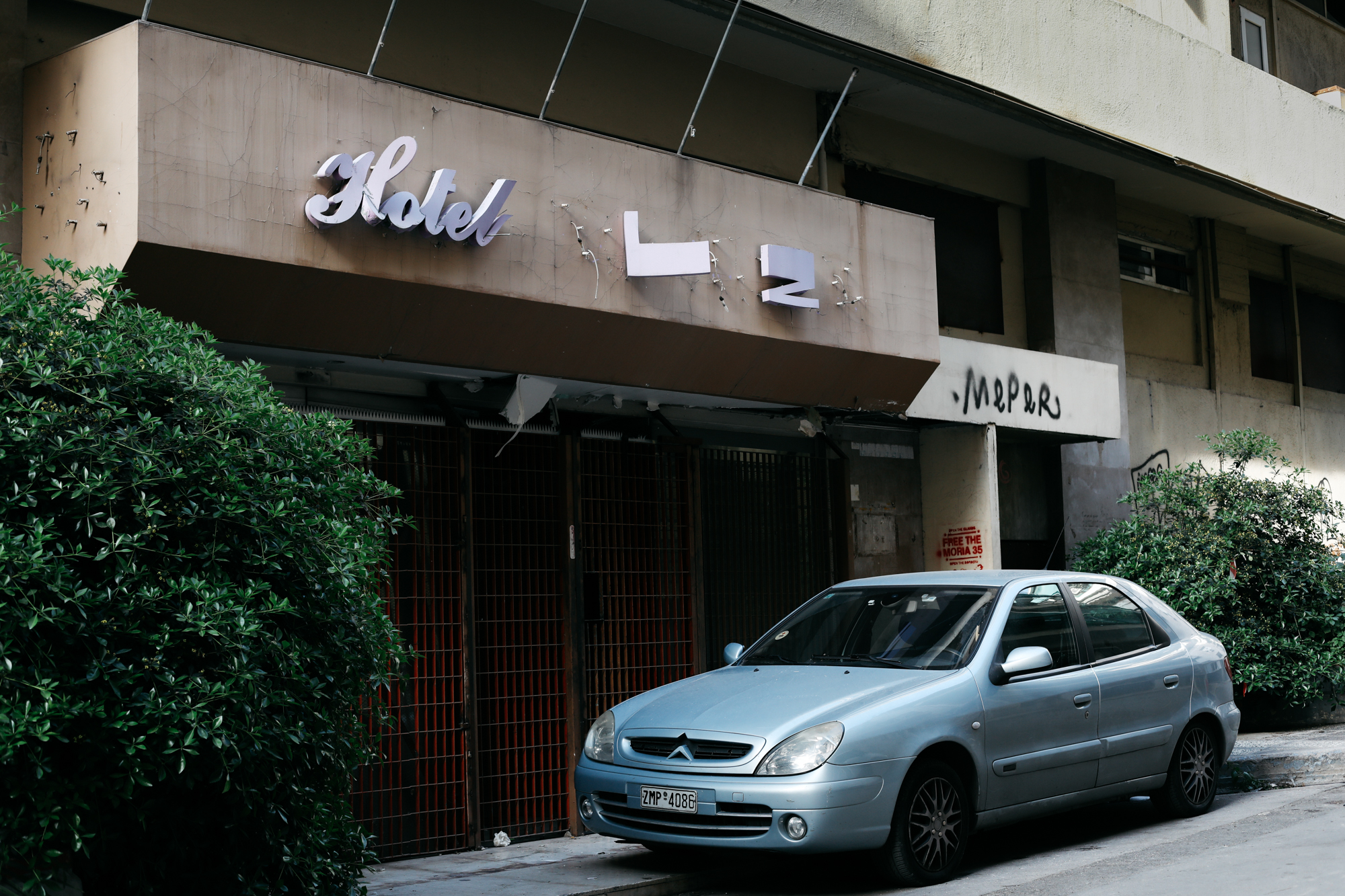 The theory of “autonomy of migration” proposes shifting the focus away from the apparatuses of control over refugee flows and instead concentrating on the various ways in which migration responds to these apparatuses and operates independently of them, in turn reshaping those apparatuses and their respective institutions and practices. From this perspective, contemporary shared housing spaces for refugees can be seen as open communities that, through their spatial commoning practices, destabilize the political mechanisms introduced by the state and seek to (re)appropriate both physical and social space, producing unique collective commons. Most of them operate on the basis of anti-authoritarian autonomy, guided by the principles of solidarity, self-organization, direct democracy, non-hierarchy, and anti-racism. Decisions are made collectively at regular assemblies of residents and activists through the achievement of general consensus. Squatters coordinate basic needs themselves, such as cooking, cleaning, education, healthcare, and childcare. That is, City Plaza and other Athenian squats rely on the political traditions of movements aimed at building autonomy from the capitalist state and its institutions.
The theory of “autonomy of migration” proposes shifting the focus away from the apparatuses of control over refugee flows and instead concentrating on the various ways in which migration responds to these apparatuses and operates independently of them, in turn reshaping those apparatuses and their respective institutions and practices. From this perspective, contemporary shared housing spaces for refugees can be seen as open communities that, through their spatial commoning practices, destabilize the political mechanisms introduced by the state and seek to (re)appropriate both physical and social space, producing unique collective commons. Most of them operate on the basis of anti-authoritarian autonomy, guided by the principles of solidarity, self-organization, direct democracy, non-hierarchy, and anti-racism. Decisions are made collectively at regular assemblies of residents and activists through the achievement of general consensus. Squatters coordinate basic needs themselves, such as cooking, cleaning, education, healthcare, and childcare. That is, City Plaza and other Athenian squats rely on the political traditions of movements aimed at building autonomy from the capitalist state and its institutions.
Greek researcher, architect, and activist Stavros Stavrides describes common spaces as transitional spaces, not bounded by a specific perimeter. While public space bears the imprint of the dominant authority that defines it, the commons are open spaces that are in the process of becoming open to newcomers.[5] Occupied buildings can be viewed as precisely such transitional, liminal spaces also because they combine elements of both collective and personal space. It is for this reason that many participants who “take buildings into their own hands” care for and protect them passionately and consistently, as if they were their personal spaces, while at the same time collectively defending them both from state power and from other continually reproduced systems of domination.[6]
Living in squats at least temporarily freed refugees from the emotional frustration and hopelessness caused by life in camps and interactions with government agencies and international NGOs, which is why most of them spoke positively about their experience. However, it was by no means ideal. One of the biggest challenges pointed out by refugees[7] was collective decision-making. For example, some of the first residents of City Plaza claimed that despite regular open assemblies and attempts to practice direct democracy, final decisions—particularly regarding the allocation of funds—were ultimately made by a small group of local activists, which did not include refugees. This problem is familiar to many participants in anti-capitalist movements of recent decades, such as Occupy: the horizontal model of governance, somewhat romanticized in theory, often reveals its limitations in practice.
Тут має бути галерея № 4
And even if we set aside foundational political principles and look instead at simpler everyday issues, living conditions in squats are far from comfortable. While City Plaza was able to guarantee at least some personal space thanks to its hotel architecture, as well as a sense of safety due to international support and public visibility, the situation in occupied schools or office buildings in Exarchia was more difficult. Conflicts occurred within the communities, sometimes even fights and thefts, while externally, residents constantly faced the threat of police raids and eviction. At the same time, a common tactic of the Athens municipality is the deliberate shutdown of water supply to make living conditions even more unbearable and force squatters onto the streets. The first attempt to evict refugees from City Plaza occurred as early as 2017, when the hotel’s owner filed a claim over the illegal occupation of her private property. In response, activist groups together with squat residents organized a series of protests and other solidarity actions. In today’s world, autonomous spaces like squats are inevitably precarious and unprotected, but as long as poverty and inequality persist, and the state neglects vulnerable social groups, self-organized communities will continue to fight for the survival of these spaces.
From Squats to Airbnbs: Tourism and Gentrification
In June 2019, after the right-wing New Democracy party won the local elections, newly elected mayor of Athens Kostas Bakoyannis promised to impose law and order in Exarcheia and announced a five-year plan to “subjugate” the district. Previously, police presence had been mostly limited to the periphery of the “free zone” of Athens, but since Bakoyannis took office, special forces units have been permanently stationed at several major intersections in Exarcheia. A month after Bakoyannis’s victory in Athens, New Democracy won a majority in the national elections, promising to improve the economy and curb the arrival of refugees. Newly elected Prime Minister Kyriakos Mitsotakis declared his intention to deport ten thousand people by the end of 2020 and stripped immigrants of the right to obtain a social security number.
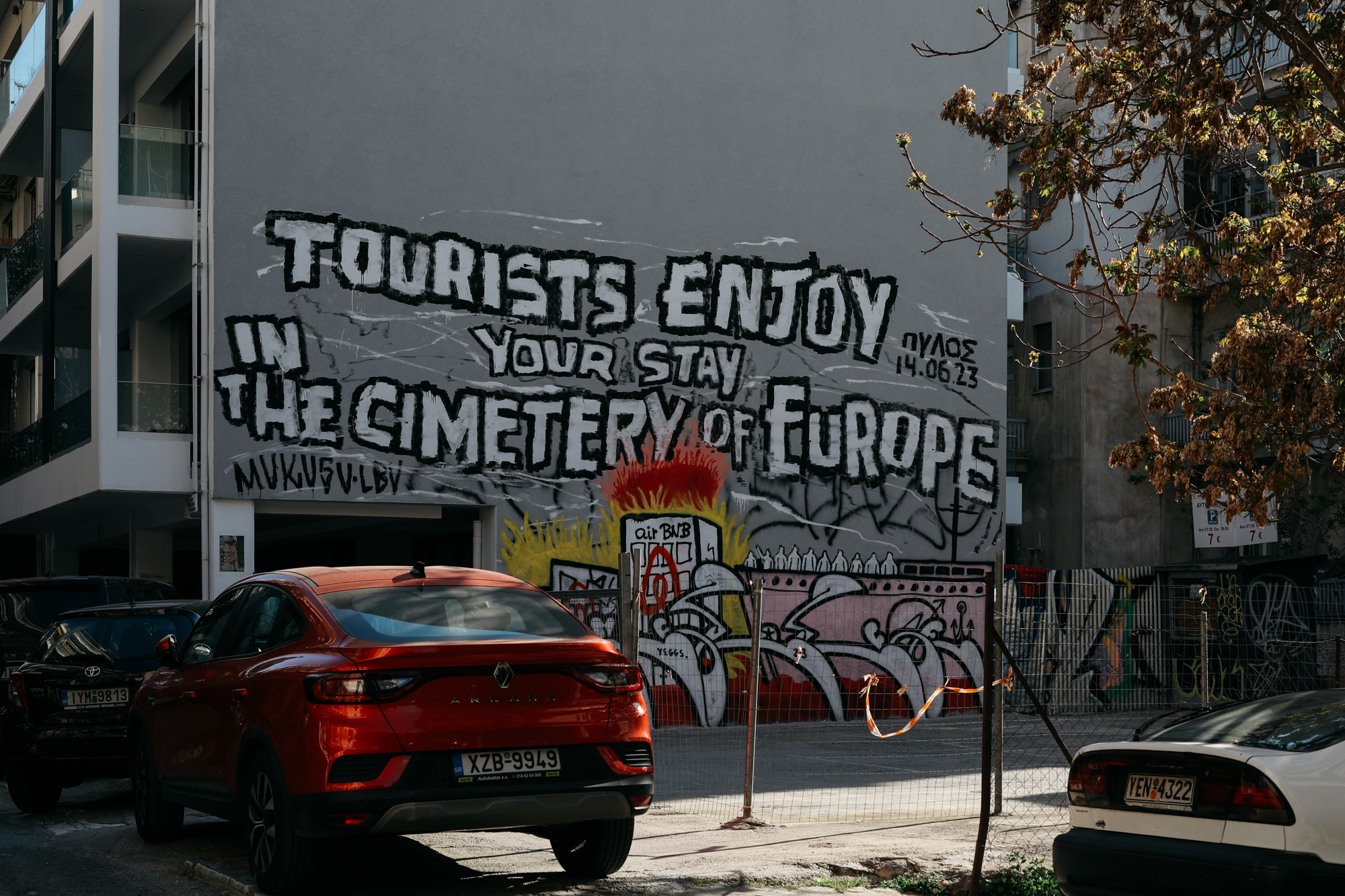
Two days after New Democracy’s victory, on July 10, 2019, the City Plaza activists decided to voluntarily shut down the squat, avoiding a forced eviction, which was one of the top priorities of the new ruling party. By the end of August 2019, there was the first police raid on one of Exarcheia’s squats, Spirou Trikoupi 17. An armed police unit in balaclavas stormed the building at dawn and forced all the residents out at gunpoint. Over the following two months, at least seven other squats in Exarcheia were evicted in the same manner, including the 5th School. Undocumented migrants were imprisoned, while those with official status were relocated to remote refugee camps. At the end of the year, the government issued an ultimatum to activists and refugees, demanding they vacate the remaining illegally occupied buildings. Some resisted for a time. In the spring of 2020, following another raid, the squat at Themistokleous 58 was evicted.
Тут має бути галерея № 5
The process of aggressive gentrification was initiated by New Democracy already during its previous term. In 2013, with the aim of artificially raising real estate prices after the crisis, the Greek government began issuing so-called Golden Visas, 5-year EU residence permits in exchange for €250,000 in real estate investment. Between 2009 and 2018, entire apartment buildings were purchased by Israeli and Chinese investors, who still top the list of foreign owners with the most property in Exarcheia.[8] A significant portion of this real estate was later converted from long-term homes of Athenians into hotels and Airbnb rentals. The rising cost of housing is gradually displacing locals from the neighborhood and attracting tourists and digital nomads with non-Greek salaries, while the district’s revolutionary spirit is easily commodified. Refugees and anarchists do not fit into the city of entertainment and consumerism that wealthy global citizens dream of. In August 2022, under the pretext of constructing a new metro station, the central square of Exarcheia, which had been the core of the district’s social and political life, was fenced off and surrounded by special police units. Currently, a group of local residents and activists is tirelessly fighting for the liberation of the square and the relocation of the metro station. However, the attempt to redevelop Strefi Hill and build an expensive hotel there was successfully stopped. And in 2021, near City Plaza in the Victoria area, an autonomous social center called Zizania was opened despite the growing repression; the center regularly holds solidarity assemblies with refugees. Thus, far from all battles for the city have been lost.
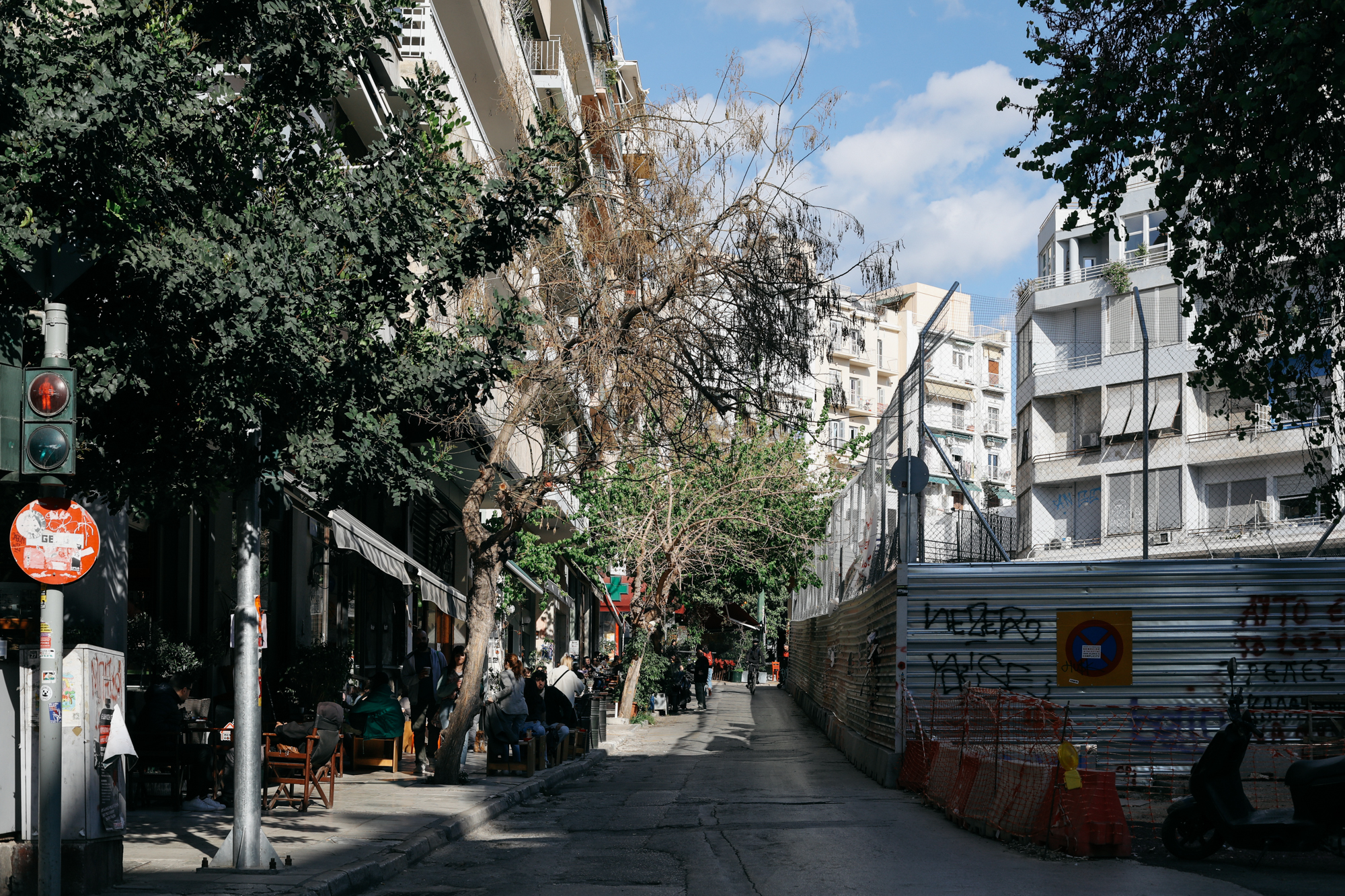
In November 2022, police stormed one of the buildings in Prosfygika early in the morning, as always, using violence against everyone inside, and held the neighborhood under siege for almost the entire day while the remaining residents resisted. During the clashes, several dozen people were arrested and later released, including a female refugee from Venezuela, a male refugee from Africa, two political refugees from Turkey, local activists, and a photojournalist who was documenting the event. Prosfygika is still standing its ground: located between the buildings of the Supreme Court and the Athens Police Headquarters, it remains one of the largest residential complexes in central Athens that continues to resist gentrification efforts and numerous redevelopment plans from both big capital and the state apparatus. Additionally, international refugee solidarity groups operate within Prosfygika, such as the German Borderless Collective, which fights against deportations and for the right to free movement, along with other activists from various countries who live in the squat temporarily or permanently.
***
The cases discussed above show that the range of contemporary issues which Athenian squatters fight against is extremely broad. It is not only about presenting a counterexample of how society can meet the housing needs of refugees, but also about the self-organization of everyday coexistence between locals and newcomers, the fight against racism and discrimination, and the building of networks of interaction between trade unions, schools, hospitals, and social spaces—that is, the creation of spatial agencies of resistance to the privatization and commercialization that currently dominate urban policy worldwide. Therefore, living in a squat implies political engagement on multiple levels—from resisting gentrification to attempting to build solidarity with peoples suffering from war and repression.
In Ukraine, squatting is not a widespread practice in the struggle for a just city, and perhaps to many it may seem ineffective in the long term, because it is largely criminalized. But is the mass acquisition (and in the case of Kyiv, outright stealing) of urban land by a few wealthy individuals for the purpose of turning it into an endless source of profit not a greater crime? In a world of growing social inequality, the right to such land must be reappropriated by vulnerable groups of the population, who suffer the most from the injustices of capitalist society—an experience that is universal from Athens to Kyiv. Squatting is one of the possible tools for such reappropriation.
[1] Mezzadra, S. 2018. In the Wake of Greek Spring and the Summer of Migration. South Atlantic Quarterly, 117 (4), pp. 925–933.
[2] The Memorandum provided for the granting of a third financial assistance package to Greece in the form of a loan from the EU in exchange for significant social cuts and the privatization of certain state-owned enterprises.
[3] Kotronaki, L. 2018. Outside the Doors: Refugee Accommodation Squats and Heterotopy Politics. South Atlantic Quarterly, 117 (4), pp. 914–924.
[4] Lafazani, O. 2017. 1.5 year City Plaza: A Project on the Antipodes of Bordering and Control Policies. Access: https://antipodeonline.org/2017/11/13/intervention-city-plaza/ (28.04.2025).
[5] Stavrides, S. 2013. Re-inventing Spaces of Commoning: Occupied Squares in Movement. QuAderns-e, #18 (2), pp. 40–52.
Access: https://stavrosstavrides.com/wp-content/uploads/2023/01/Quaderns-e-182-stavrides.pdf (28.04.2025); Stavrides, S. 2020. Commoning the City: Reinventing Togetherness. Access: https://www.eurozine.com/commoning-the-city/#anchor-footnote-9 (28.04.2025).
[6] Tsavdaroglou, Ch. 2018. The Newcomers’ Right to the Common Space: The case of Athens during the refugee crisis. ACME, 17(2), pp. 376–401.
[7] Ghandehari, A. 2022. The Roots of Uprooting: Migrant Oral History and Internationalist Solidarity. Social Identities, VOL. 28, NO. 4, pp. 527–543. Access: https://www.tandfonline.com/doi/full/10.1080/13504630.2022.2109618 (28.04.2025).
[8] Lialios G. Property transformations in the centre of Athens during the economic crisis years (2009–2018). The case of Exarcheia, 2021. Access: https://www.athenssocialatlas.gr/en/article/property-transformations-in-exarcheia/ (29.04.2025)

